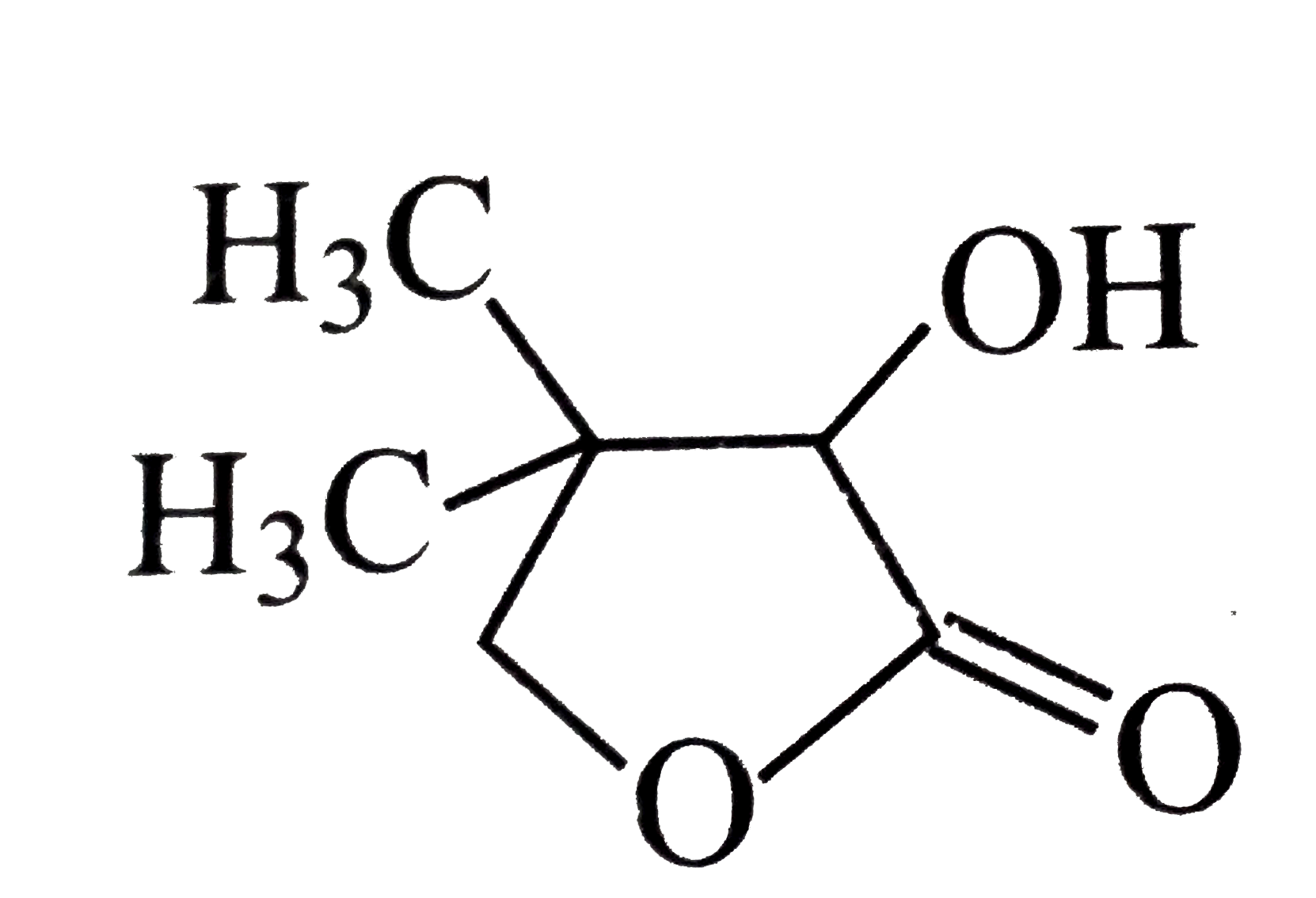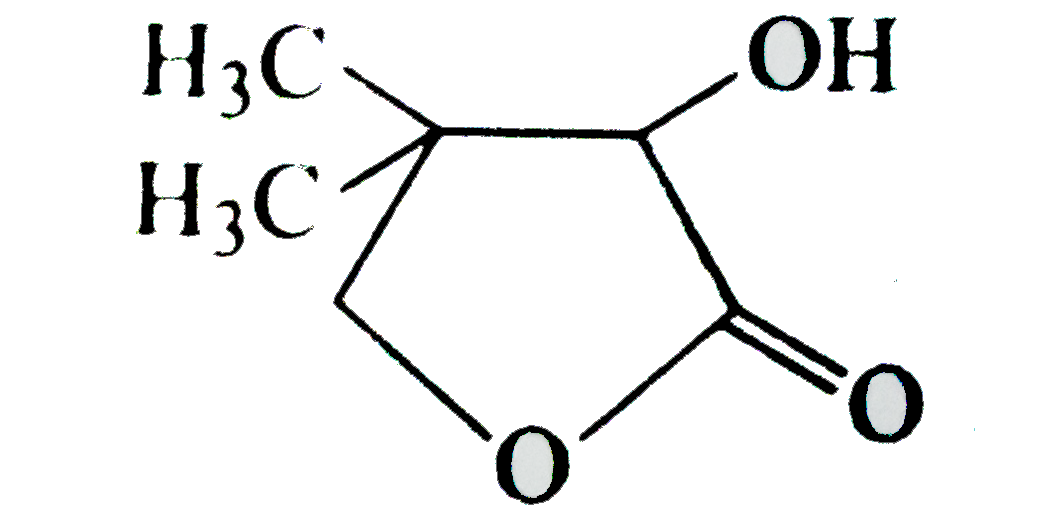The reactions of CI2 gas with cold-dilute and hot-concentrated NaOH in water give sodium salts of two different oxioacids of chlorine, P and Q, respectively. The CI2 gas reacts with SO2 gas, in presence of charocal, to give a product R reacts with white phosphorus to give a compound S. On hydrolysis, S gives an oxoacid of phosphorus.
P and Q, respectively, are the sodium salts of
hypochlorous and chloric acids
hypochlorous and chlorous acids
chloric and perchloric acids
chloric and hypochlorous acids.
The correct Answer is:A
Step by step video, text & image solution for The reactions of CI_(2) gas with cold-dilute and hot-concentrated NaOH in water give sodium salts of two different oxioacids of chlorine, P and Q, respectively. The CI_(2) gas reacts with SO_(2) gas, in presence of charocal, to give a product R reacts with white phosphorus to give a compound S. On hydrolysis, S gives an oxoacid of phosphorus. P and Q, respectively, are the sodium salts of by Chemistry experts to help you in doubts & scoring excellent marks in Class 12 exams.
Updated on:21/07/2023Topper's Solved these Questions
- THE P-BLOCK ELEMENTS BOOK - NCERT FINGERTPS ENGLISHCHAPTER - THE P-BLOCK ELEMENTS EXERCISE - EXAMPLAR PROBLEMS
25 Videos
- THE P-BLOCK ELEMENTS BOOK - NCERT FINGERTPS ENGLISHCHAPTER - THE P-BLOCK ELEMENTS EXERCISE - ASSERTION & REASON
15 Videos
- THE P-BLOCK ELEMENTS BOOK - NCERT FINGERTPS ENGLISHCHAPTER - THE P-BLOCK ELEMENTS EXERCISE - Assertion And Reason
15 Videos
- THE D- AND F- BLOCK ELEMENTS BOOK - NCERT FINGERTPS ENGLISHCHAPTER - THE D- AND F- BLOCK ELEMENTS EXERCISE - Assertion And Reason
15 Videos
- THE SOLID STATE BOOK - NCERT FINGERTPS ENGLISHCHAPTER - THE SOLID STATE EXERCISE - Assertion And Reason
15 Videos
Similar Questions
Upon heatingKClO3 in presence of catalytic amount of MnO2, a gas W is formed. Excess amount of W reacts with white phosphorus to given X. The reaction of X with pure HNO3 gives Y and Z.
Y and Z are, respectively
View SolutionTwo aliphatic aldehydes (P) and (Q) react in the presence of aqueous K2CO3 to give compound (R ) which upon treatment with HCN gives compound(S). On acidification and heating, (S) gives the product shown below:

Compounds (P) and (Q), respectively, are:
View Solution
Knowledge Check
The reactions of CI2 gas with cold-dilute and hot-concentrated NaOH in water give sodium salts of two different oxioacids of chlorine, P and Q, respectively. The CI2 gas reacts with SO2 gas, in presence of charocal, to give a product R reacts with white phosphorus to give a compound S. On hydrolysis, S gives an oxoacid of phosphorus.
R, S and T, respectively, areASO2Cl2,PCl5andH3PO4BSO2Cl2,PCl3andH3PO3CSOCl2,PCl3andH3PO2DSOCl2,PCl5andH3PO4A metal X reacts with water to produce a highly combustible gas Y, and a solution Z. another metal P reacts with Z to give the same gas Y. X,Y,Z and P respectively are
AZn,H2,Zn(OH)2,AlBNa,H2,NaOH,ZnCK,H2,KOH,AlDLi,H2,LiOH,K
Aluminium forms a carbide 'x' which react with water to give a gas 'y' . 'y' does not react with Br2 water. Give 'x' and y respectively.
View Solutionwhen sodium metal reacts with NH3 at high temprature, it gives a salt and releases H2 gas. The salt formed and its nature repectively will be
View SolutionWhy Zn reacts with dilute H2SO4 to give H2 gas but Cu does not ?
View SolutionTwo aliphatic aldehydes P and Q react in th presence of aqueous k2CO3 to give compound R, which upon treatment with HCN provides compound S. On acidification and heatingm,S gives the product shown below:

The compound S is
View SolutionTwo aliphatic aldehydes (P) and (Q) react in the presence of aqueous K2CO3 to give compound (R ) which upon treatment with HCN gives compound(S). On acidification and heating, (S) gives the product shown below:

Compound (R ) is:
View SolutionAn organic compound (a) reacts with sodium metal and forms (b). On heating with conc. H2S04 (a) gives diethyl ether. (a) and (b) are respectively
View Solution
